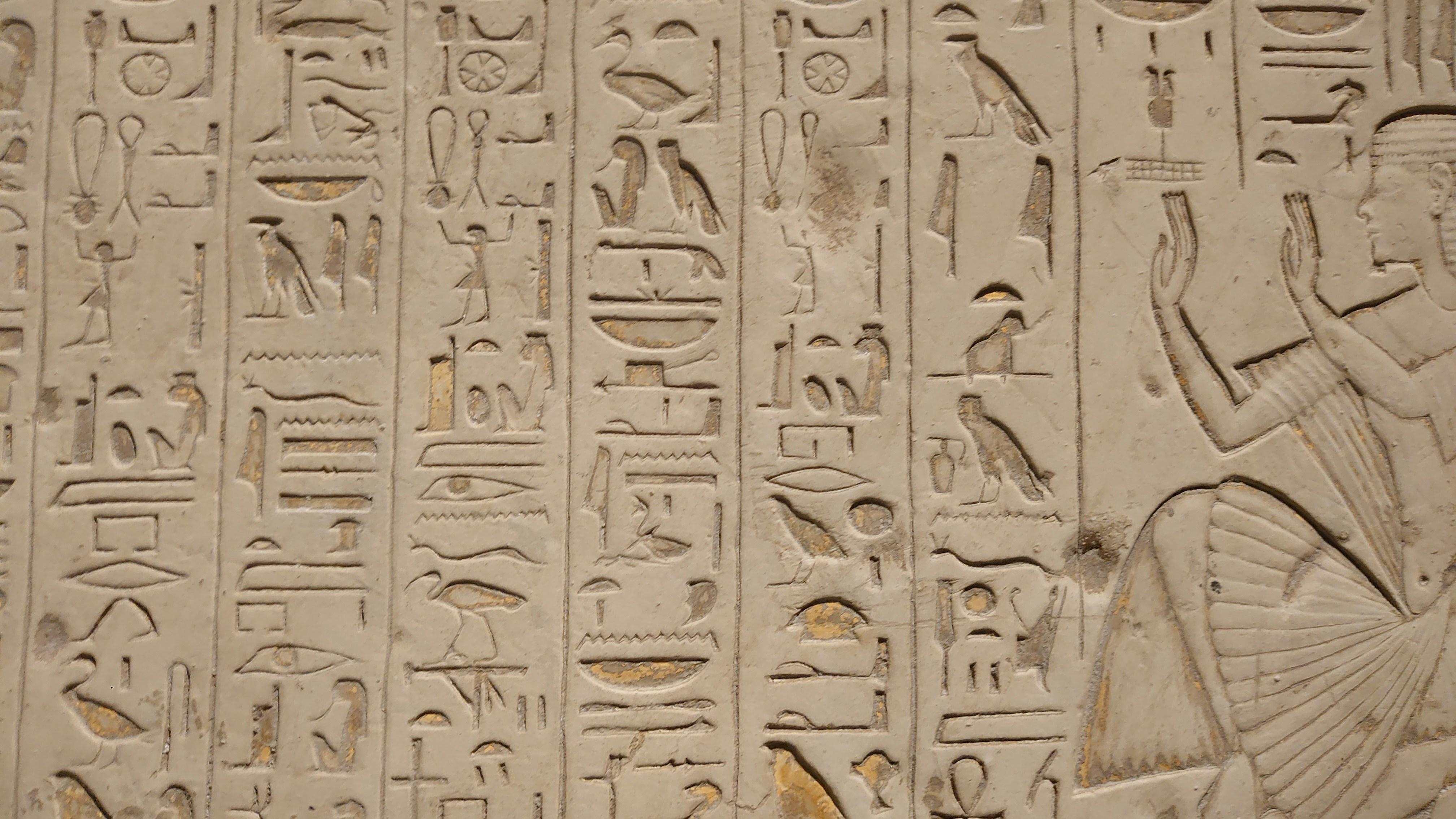Egypt, a land of ancient wonders and modern marvels, boasts a linguistic heritage as diverse as its history. While Arabic stands as the official language, the country's linguistic landscape is enriched by various dialects and minority languages.


Post Introduction
Egypt, a land of ancient wonders and modern marvels, boasts a linguistic heritage as diverse as its history. While Arabic stands as the official language, the country's linguistic landscape is enriched by various dialects and minority languages.
Post Content
Modern Standard Arabic (MSA) serves as Egypt's official language, utilized in formal settings such as government, education, and media. Rooted in Classical Arabic, MSA is consistent across the Arab world, facilitating communication among Arabic-speaking nations. However, it is not commonly used in everyday conversations among Egyptians.
Egyptian Arabic, locally known as Masri, is the colloquial dialect spoken by the majority of Egyptians. Originating in the Nile Delta, it has become the most widely understood Arabic dialect across the Middle East and North Africa, largely due to Egypt's influential media industry. Masri incorporates elements from Coptic, Turkish, French, Italian, and English, reflecting Egypt's diverse historical influences. It is the language of daily interactions, entertainment, and popular culture. So, Learn some Egyptian words before you travel to Egypt by just one click.
In southern Egypt, particularly in Upper Egypt, Sa'idi Arabic is prevalent. While it shares similarities with Masri, it possesses distinct phonetic and lexical features. Sa'idi Arabic is less influenced by foreign languages and retains more traditional Arabic elements.
Bedawi Arabic is spoken by Bedouin communities in Egypt's Western Desert. This dialect differs significantly from both Masri and Sa'idi Arabic, with unique vocabulary and pronunciation influenced by the nomadic lifestyle of its speakers.
In southern regions near Aswan, Nubian languages such as Nobiin and Kenzi are spoken by approximately 300,000 people. These languages are part of the Nilo-Saharan language family and are distinct from Arabic, preserving the heritage of the Nubian people.
The Siwi language, a Berber dialect, is spoken by around 30,000 inhabitants of the Siwa Oasis in western Egypt. It shares similarities with other Berber languages in North Africa and remains an integral part of the Siwan cultural identity. Check trips on Siwa Oasis Desert Adventure and book what you desire.
The Beja language is used by communities in Egypt's Eastern Desert and along the southern Red Sea coast. It belongs to the Afroasiatic language family and is distinct from Arabic, reflecting the unique heritage of the people.
Coptic, derived from ancient Egyptian, is primarily used in the liturgical practices of the Coptic Orthodox Church. While no longer spoken conversationally, it remains a vital component of religious ceremonies and preserves the linguistic legacy of Egypt's Christian community.
English and French are widely taught in Egyptian schools, with English being the predominant second language. These languages are commonly used in business, tourism, and higher education, reflecting Egypt's global connections.
Egyptian Sign Language is used by the deaf community, particularly in urban centers like Cairo and Alexandria. While not officially recognized, it plays a crucial role in facilitating communication and inclusion for individuals with hearing impairments.
Egypt's linguistic landscape is a testament to its rich history and cultural diversity. From the formal tones of Modern Standard Arabic to the vibrant expressions of Masri, and the enduring presence of minority languages, Egypt's languages offer a profound insight into the nation's identity.
Q1: Is English widely spoken in Egypt?
Yes, English is commonly spoken, especially in urban areas, tourist destinations, and among the educated population.
Q2: Can I get by in Egypt with only English?
While many Egyptians speak English, learning basic Arabic phrases can enhance your experience and interactions.
Q3: What is the difference between Modern Standard Arabic and Egyptian Arabic?
Modern Standard Arabic is used in formal contexts, while Egyptian Arabic (Masri) is the colloquial dialect used in everyday conversations.
Q4: Are minority languages in Egypt at risk of extinction?
Some minority languages, like Nubian and Siwi, face challenges due to declining numbers of native speakers and lack of formal education in these languages.
Q5: Is Coptic still spoken in daily life?
Coptic is no longer used in daily conversations but remains the liturgical language of the Coptic Orthodox Church.